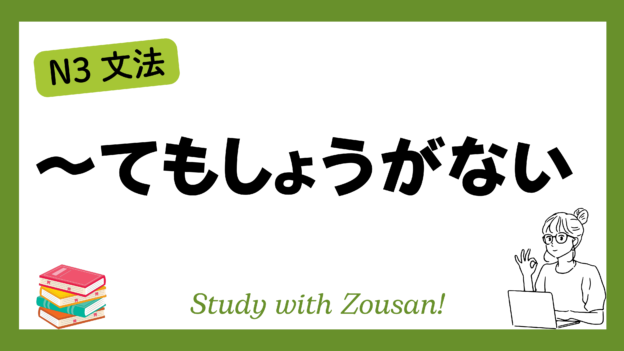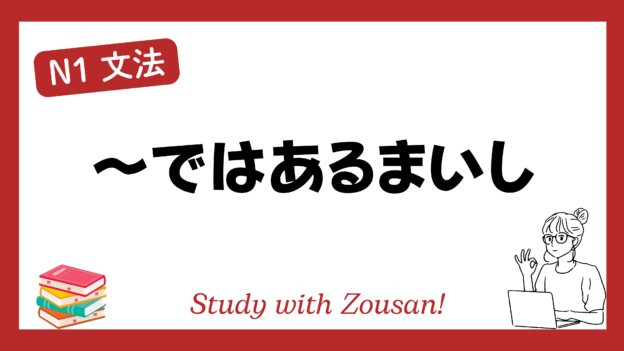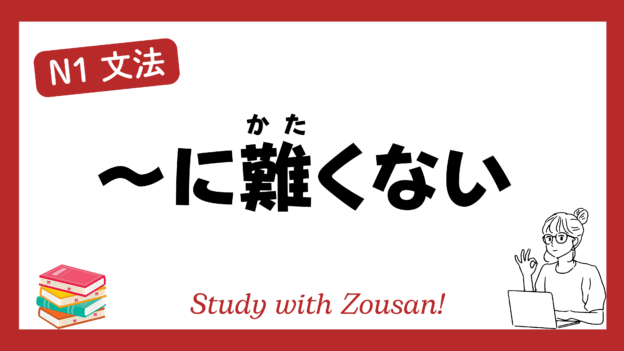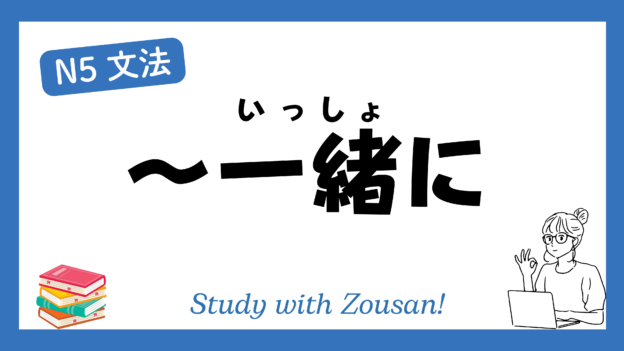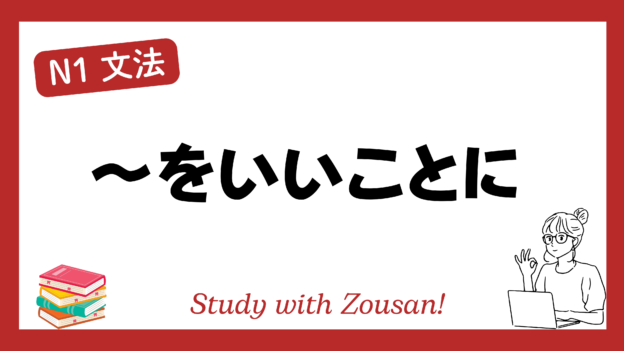N3文法:~てもしょうがない/てもしかたがない
Meaning: “It’s pointless to…” / “There’s no use in…”
The structures “~てもしょうがない” or “~てもしかたがない” are used to express that performing an action or having a certain feeling will not change the situation or is meaningless in the current context. The speaker uses this structure to emphasize that trying to do it will not have any effect.
※Note:
- Both “~てもしょうがない” and “~てもしかたがない” carry similar meanings, are interchangeable, and convey the futility of an action or emotion.
- This structure is commonly used in situations where the speaker feels helpless or accepts the situation because it cannot be changed.
Structure:
| Verb (て form) + も | + しょうがない + しかたがない |
| な-adjective + でも | |
| い-adjective + |
Example:
-
-
-
🌟 過去の失敗を悔やんでもしょうがない。前を向こう。
(かこ の しっぱい を くやんで も しょうがない。まえ を むこう)
It’s pointless to regret past mistakes; let’s look forward. -
🌟 誰を責めてもしかたがない。自分で解決しよう。
(だれ を せめて も しかた が ない。じぶん で かいけつ しよう)
There’s no point in blaming others; let’s solve it ourselves. -
🌟 もう遅いから、急いでもしょうがないよ。
(もう おそい から、いそいで も しょうがない よ)
It’s already late, so rushing won’t help. -
🌟 お金がないと嘆いてもしかたがない。稼ぐ方法を考えよう。
(おかね が ない と なげいて も しかた が ない。かせぐ ほうほう を かんがえよう)
There’s no use lamenting about not having money; let’s think of ways to earn it. -
🌟 こんな結果になってしまったら、後悔してもしょうがない。
(こんな けっか に なって しまったら、こうかい して も しょうがない)
Now that we’ve ended up with this result, it’s pointless to regret. -
🌟 失敗を恐れてもしかたがない。挑戦しよう。
(しっぱい を おそれて も しかた が ない。ちょうせん しよう)
There’s no point in fearing failure; let’s take on the challenge. -
🌟 文句を言ってもしょうがないから、解決策を探そう。
(もんく を いって も しょうがない から、かいけつさく を さがそう)
It’s pointless to complain, so let’s look for a solution. -
🌟 どんなに頑張ってもできないこともあるんだから、気にしてもしかたがないよ。
(どんなに がんばって も できない こと も ある ん だから、き に して も しかた が ない よ)
Sometimes there are things you just can’t do, so it’s no use worrying. -
🌟 今さら後悔してもしょうがないから、次に進もう。
(いまさら こうかい して も しょうがない から、つぎ に すすもう)
It’s pointless to regret it now, so let’s move on. -
🌟 過去のことを気にしてもしかたがない。今に集中しよう。
(かこ の こと を き に して も しかた が ない。いま に しゅうちゅう しよう)
There’s no use dwelling on the past; let’s focus on the present.
-
-



